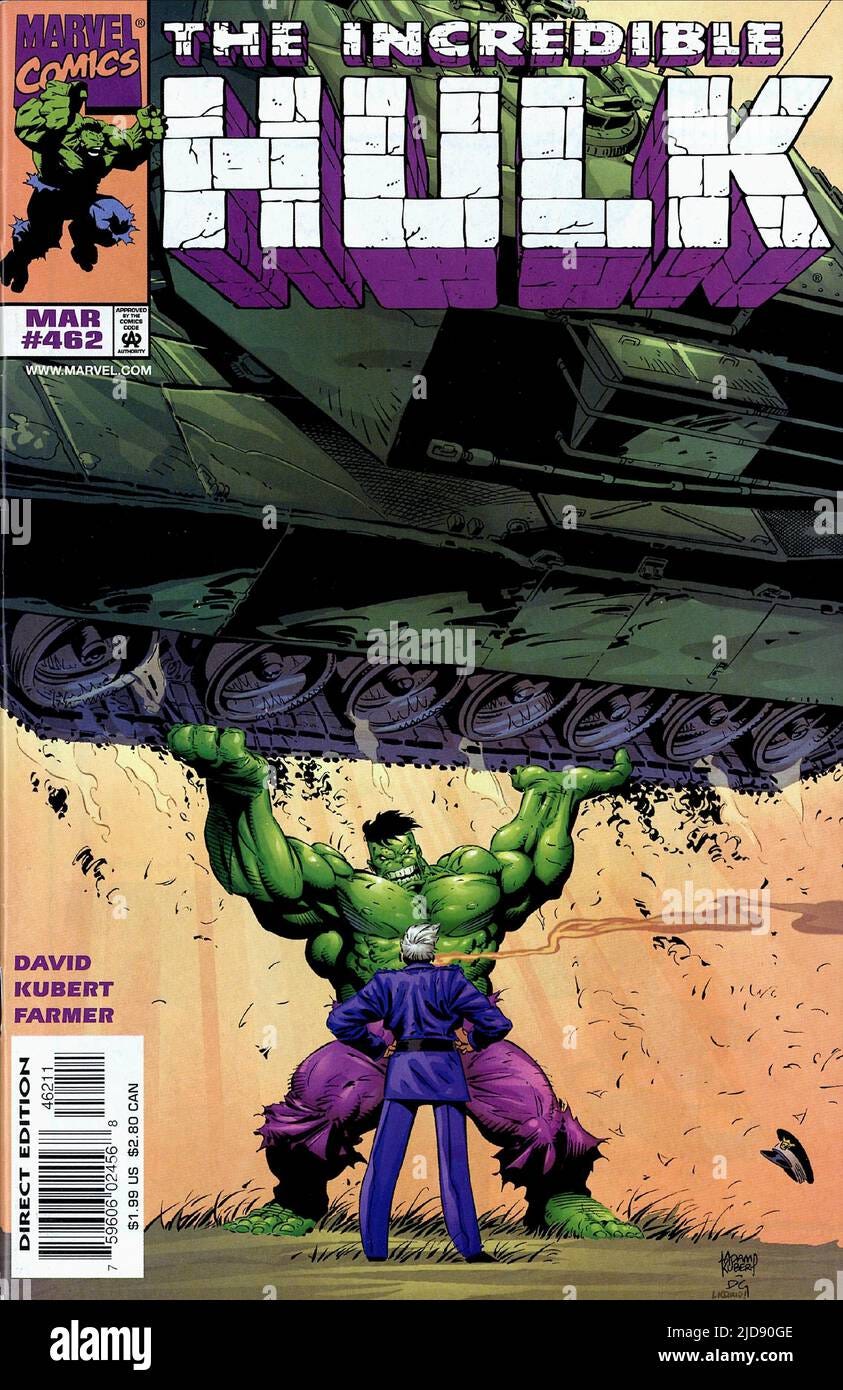AI Derangement Syndrome PLUS Politics as Fandom, Fandom as Politics PLUS The Military Can't Control the Internet It Created
AI Derangement Syndrome
In the non-shitlib corners of the Web, there is a well-discussed disease called Trump Derangement Syndrome. Conservatives and socialists often diagnose it. Though they will do this towards different ends, the general idea is that the derangement comes from the mistaken belief that if Trump were out of electoral politics, everything would be OK and, conversely, if Trump were elected, it would be the end of the world. For conservatives, this ignores the culpability of Democrats for our current situation. For socialists, the problem with this is that we ignore the systemic issues that lead to Trump in the first place.
Lately, the media, perhaps worried about losing their jobs to AI (especially after it was announced that the AI-friendly Buzzfeed got rid of their news division) has been victim to AI Derangement Syndrome. Unlike the Trump syndrome, it is not only negative. The derangement here is a two-way street. Many journalists warn about the end of media, school, medicine, justice, civil rights, and of course humanity itself. Tech writers, staying employed by positioning themselves as glorified customer reviewers of the latest newfangled AI tech, predict the democratization of art. A world full of garage George Lucases. Affordable healthcare. A world without work and full of leisure. An end to cancer.
Those of you who have read this blog from January on have no doubt noticed I myself suffered from this. At one point, I envisioned AI would give us the opportunity to thrive as a glam rock aristocracy.
So what does it look like when a writer does not suffer from AI Derangement Syndrome? This article from The Atlantic’s Derek Thompson is a good place to start. It is about how AI is neither the alpha nor omega of mankind. After all that ham-fisted hand-wringing, turns out AI was…another time-wasting time-suck. Instead of kids building cyborg soldiers, we got grown men wearing bedsheets on their heads making viral Drake songs.
As if I were swept up in the currents of time myself, here is an AI self-portrait of me with psychedelic face paint. And a blonde wig. Time-suck.
Politics as Fandom, Fandom as Politics
Inspired by this Substack
Many have said that politics has become its own form of fandom. This might be difficult to understand. Hasn’t it always been like this? Reagan had a fanbase, no? Yes he did, but it was limited to votes and rallies. When Obama ran for president, it was during a truly different era of viral videos, tweets, blogs, fan fiction, all of it in service to him. No doubt this would have been done for Reagan in the ‘80s if the tech was available. And of course it was done for Trump when he ran and won. But nowadays, as politics has become splintered, so have the fandoms. It’s not just left and right anymore. Writer and artist Josh Citarella does a remarkable job chronicling all the balkanized e-deologies of the web.
This is to say nothing of traditional geek fandom itself as politics. In the ‘60s, gay and female fans loved Star Trek and comic books, but they were not reverential; instead they used it as a springboard for inserting their own values into their fan fiction. Even the hippies of the ’60s were LARPing as their favorite Native American characters from the Westerns they grew up watching. It was almost like there was a whole nation of grown-up Natalie Woods from The Searchers.
While in the ‘60s fans that were not straight white males may have been sidelined, in the 2010s, their perspectives took over mainstream comic books and eventually Hollywood blockbusters. One of the most volatile corners of the web is comic book fandom. In one corner: traditional “real fans” who cite the legendary writers and artists, in order to gatekeep the PC posers. And in this corner, the transformative fans who believe fandom is involved in the creative process and that their favorite properties, like any great culture, should evolve.
Regardless of whether we look at politics as fandom or fandom as politics, what is most interesting is that the fans hold the keys.
From the incredible Meganets:
Modern society has so long been accustomed to national or international figures (politicians, celebrities) who speak to silent millions that we still have yet to come to grips with the very unsettling fact that it is now amorphous groups who lead and the celebrities and influencers who follow. The most successful cybercelebrities are, in fact, those who either happen to represent an existing trend or those skilled at going with the flow on which they are carried. Those who part ways with the flow fall off the map.
Two concrete examples: Trump and Musk may be more popular than ever, but that is not enough for Truth Social or Twitter. Fans have always been capricious; but now they are capricious masters.
The Military Can't Control the Internet It Created
Speaking of the Meganets, Massachusetts Air National Guardsman Jack Teixeira was arrested for leaking sensitive info from the Pentagon online. Though it was never this bad, this is not the first time this happened. Fans of the realistic military game War Thunder, many of whom are in the military themselves, leak (less) sensitive military secrets in order to prove how well they know the military. Teixeira himself was sharing his secrets on a Discord where he met fellow gaming fans.
The fans hold the keys.
And the Internet in general seems more out of control. Between Twitter’s implosion, Snapchat’s creepy AI bot, and the link rot epidemic thanks to Imgur’s demise, it is hard to believe that a network that was once meant to track counter-insurgents or help Americans communicate after a nuclear disaster would now be used to bring order to anything.
It’s almost like how LSD, originally used by the military as a truth serum, backfired and made the Vietnam War unpopular among newly spiritual hippies. Or how, in the comics, a gamma ray explosion on a military base led to the biggest threat the military ever had: The Incredible Hulk. Similarly, The Internet, with AI, might grow into a Meganet more destructive than the Hulk.
Let’s just hope it sees the people as the Hulk saw Betty Ross.







o man sorry i will
A few things Mo:
1/ I was at a gathering of very smart people in Texas this weekend, a lot of engineers and tech people and post rats and Doomer Optimist types , and no one wanted to talk about AI. To them AI was Discourse. This made me happy somehow.
2/ DF rules ... but you knew that.
3/ I really gotta check out Meganets
4/ I wish Substack had DMs, but because it doesn’t, check yours on Discord.
Keep doing what you do, I look forward to your poasts.